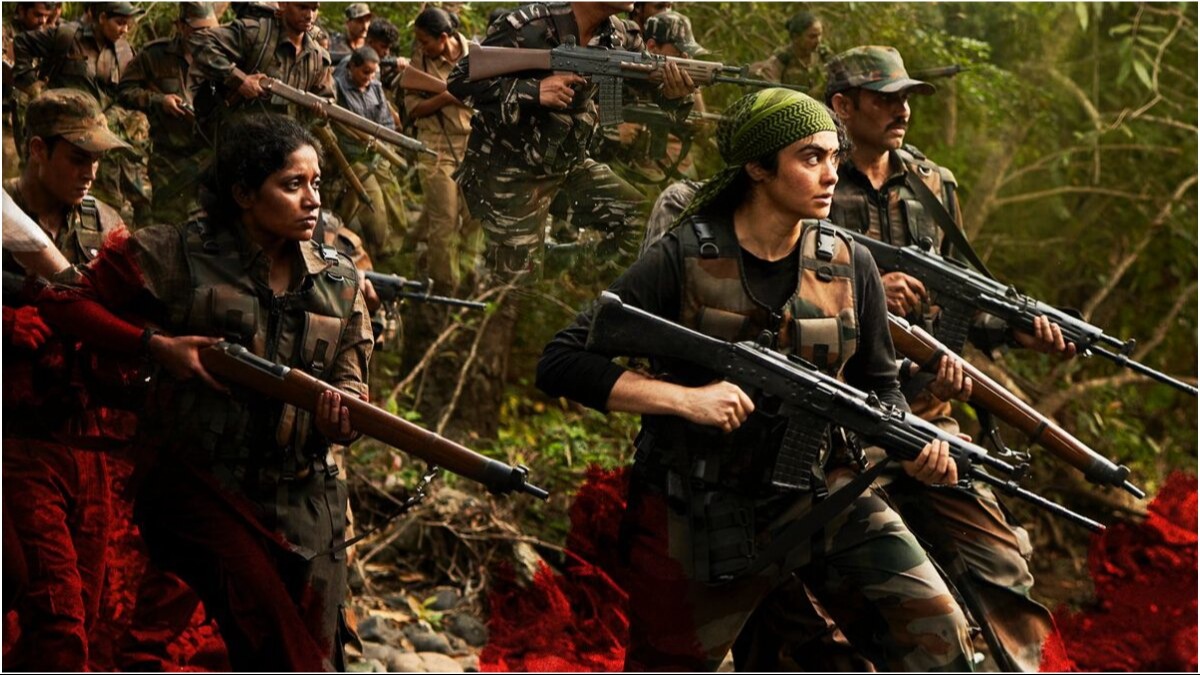There was a time when filmmakers painstakingly crafted cinema over a slow flame, focusing on layering stories with intricacies. Amidst these layers, when politics were seamlessly woven in, it gave the story a unique zest, becoming the secret ingredient of a cinematic feast. And those discerning enough to decode the politics felt a sense of pride, branding themselves as true cinephiles.
Then came a time when storytelling started to favour brevity. Long, intricate narratives became 'so outdated'. The once richly flavoured dish of political films turned into a one-size-fits-all gravy, typical of West Delhi's street food joints, altering the base recipe for all. Bollywood, adjusting to the needs and tastes of audiences, started mixing in varieties of vegetables, bringing a simplified cinema to the table.
In the spectrum of political aesthetics in cinema, films like 'Article 370' and 'Uri' stand as benchmarks, while at the other end, 'Bastar: The Naxal Story' carves out its niche.
The Mouse of Propaganda
Director Sudipto Sen's film sparked discussions about its political overtones. But if 'Bastar' was crafted with a hidden motive or propaganda, its lackluster narrative fails to convince. If, however, it's not laced with propaganda, it suggests a squandering of resources better spent eyeing a brighter future in filmmaking — a commendable, albeit futile, endeavor.
Take the recent release of 'Article 370', which aimed to reveal the untold backdrop of a significant political event. In contrast, 'The Kashmir Files' claimed to unfold the narrative of Kashmiri Pandit's plight. True or not, they stood by their narrative purpose. 'Bastar', however, leaves viewers in a fog of confusion. It attempts to depict the triumph over Naxalism post-2014, but fails to draw a convincing, logical arc.
Where's the Story?
'Bastar' begins in Chhattisgarh's titular district. It attempts to connect with reality by using real names, but that's where the connection ends. The story quickly shifts to a fierce cop, Neeraja Madhavan (Adah Sharma), mobilizing local tribal forces against Naxalites. Amidst escalating conflict, 'Bastar' entangles in a courtroom drama, losing sight of its political underpinnings almost entirely.
The movie paints the anti-Naxalite forces in such a poor light that real-life veterans might find it offensive. 'Bastar' promises to show the significant shift in the fight against Naxalism post-2014 yet forgets its own narrative halfway through, sidelining its political action sequences.
Technical Malnourishment
Flaws in dubbing and basic camera work plague 'Bastar'. The sets and jungle visuals could serve as a lesson on how not to create engaging cinematography. Adah Sharma's performance might win her an award in a speed-dialogue competition, yet the talented cast is squandered, embodying a portrayal of Naxalites more comical than fearsome.
In essence, 'Bastar' is a muddled movie on a sensitive topic. To call it childish would be an insult to the many filmmakers who've showcased their talents with mobile phones and handycams. 'Bastar' stands as a visual embodiment of a film that has lost its narrative appetite and technical prowess.




